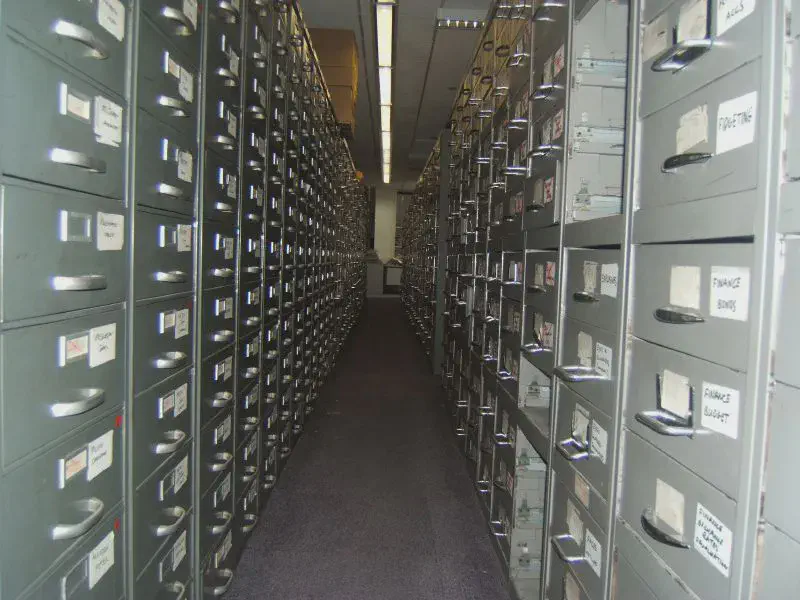On Burnout - Part 1
Posted

I worked between 12 and 16 hours a day, 6 days every week, several weeks on end. And I didn’t burn out. I didn’t “hit the wall” and I didn’t break down in tears because of trivial things like running out of yoghurt or missing my favourite TV-show. Mostly because I didn’t watch TV. I was tired, yes, but I didn’t burn out or break down.
Developers, especially in the game development niche, call those periods “crunch time”, and it’s one of the most devisive parts of the developer culture. Some think it builds camaraderie and tightens the team, while others think it breaks down morale and kills whatever passion you once had for your craft.
Both are right, but that’s a story for a different post.
After having survived such a stint, it would be easy to look at those who didn’t fare as well, those who burned out, and dismiss them as weak or overly sensitive. I don’t do that. And I didn’t.
You see, the scenario I described in that first paragraph, where I worked on average 14 hours per day, was done under specific circumstances, and during a specific period in my life. Had things been different, I would probably have snapped like a twig.
My life was different
Here’s what my life was like during this period: I was 27. I was single. I had no commitments. I had no obligations. No pets. No kids. Only an insatiable desire to code.
Had I tried to do the same thing today, things would be quite different. I can’t leave my dog alone for that long. In fact, if you ask my dog, she wouldn’t allow me to leave her at all. My significant other would strangle me if I didn’t help around the house for weeks on end. Oh, right, there’s a house involved as well. Lawns don’t mow themselves. Clearly, working that much would have had very different outcomes than it did 15 years ago.
My work was different
I knew beforehand when a new stint was about to begin. The place I worked at during this time had multiple flaws. Their rigid schedule was one of their biggest problems, and I will gladly blame some of the excessive workload on that rigid scheduling. But, one of the things that the rigid schedule allowed for was to know when we would be expected to work ridiculously long hours.
That meant I could plan my personal life accordingly. The fridge was stocked, my laundry was fixed and neatly folded (mostly), I didn’t plan trips, parties, restaurant visits or other outings with my friends or family during those periods.
Most workplaces I’ve been at after that has had a lot more lax scheduling, and as such, the workload tends to be much more even, which I very much appreciate. But if/when we are hit with heavy workloads, it doesn’t always come with a heads up. Planning your personal life becomes more difficult when work throws curveballs like that. And of course, there’s the fact that I don’t want to skip dinners with friends or family gatherings. In my late 20’s I was less worried about that, but today I value them much higher than I did then.
I was different
Last but not least, I was different. Like I mentioned above, I value different aspects of my life today than I did back then. I’ll be honest and admit that the overtime also resulted in a juicier payout at the end of the month, which I was not opposed to. Today my finances are somewhat more balanced, and I don’t usually skip social events to do work stuff (although my mom would probably disagree).
But not only that. The way I work, and the way I think about work is different. Today I’m more experienced, and I have a different mindset about the kind of work I do and how I do it.
What I did all those years ago was something I wouldn’t do today. I smashed out bucket loads of code. Granted, the environment I worked in was sub-optimal and didn’t allow for DRY or SOLID principles (tech lingo, just ignore it), but I was also much less concerned about those things. Had I been given the same task today, I would likely have approached it differently, looking for a way to accomplish the same result with less code. Working smarter, not harder, as the popular trope goes.
But back then I didn’t mind hammering out code like a madman on a Friday night. That was me cutting my teeth at software development. I’m glad I evolved.
But that was then
Like I said; I don’t judge those less fortunate, those who burned out. I prefer to take the humble approach and recognise that it was mostly through dumb luck I avoided to burn out myself. A few parameters could have been different, the course could have been a few degrees off, and I would have plunged into the dark abyss, like so many others.
…to be continued
That’s it for Part 1 in this series. In the next post, we will talk about different methods for getting things done, before finally wrapping everything up in Part 3. See you then!



